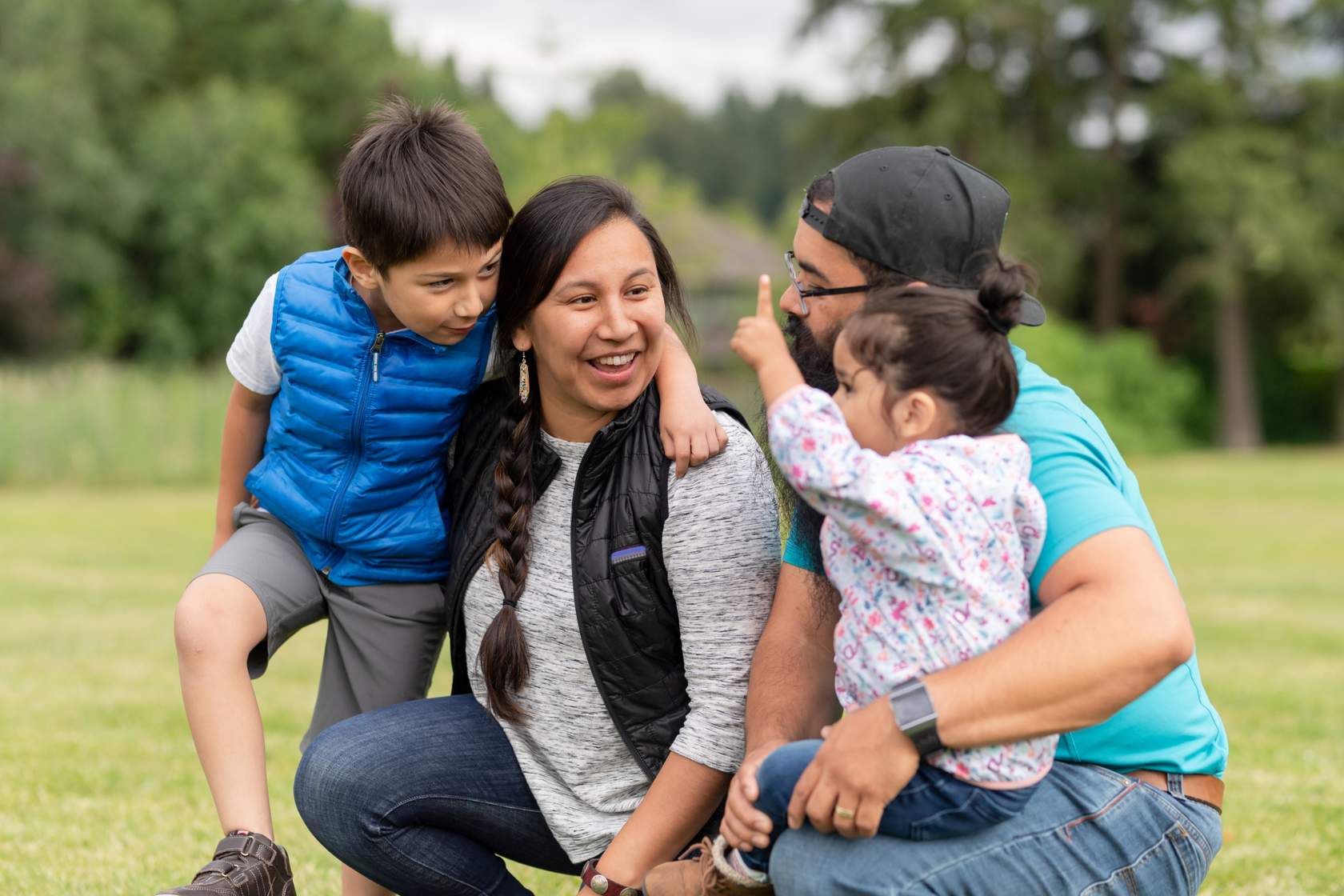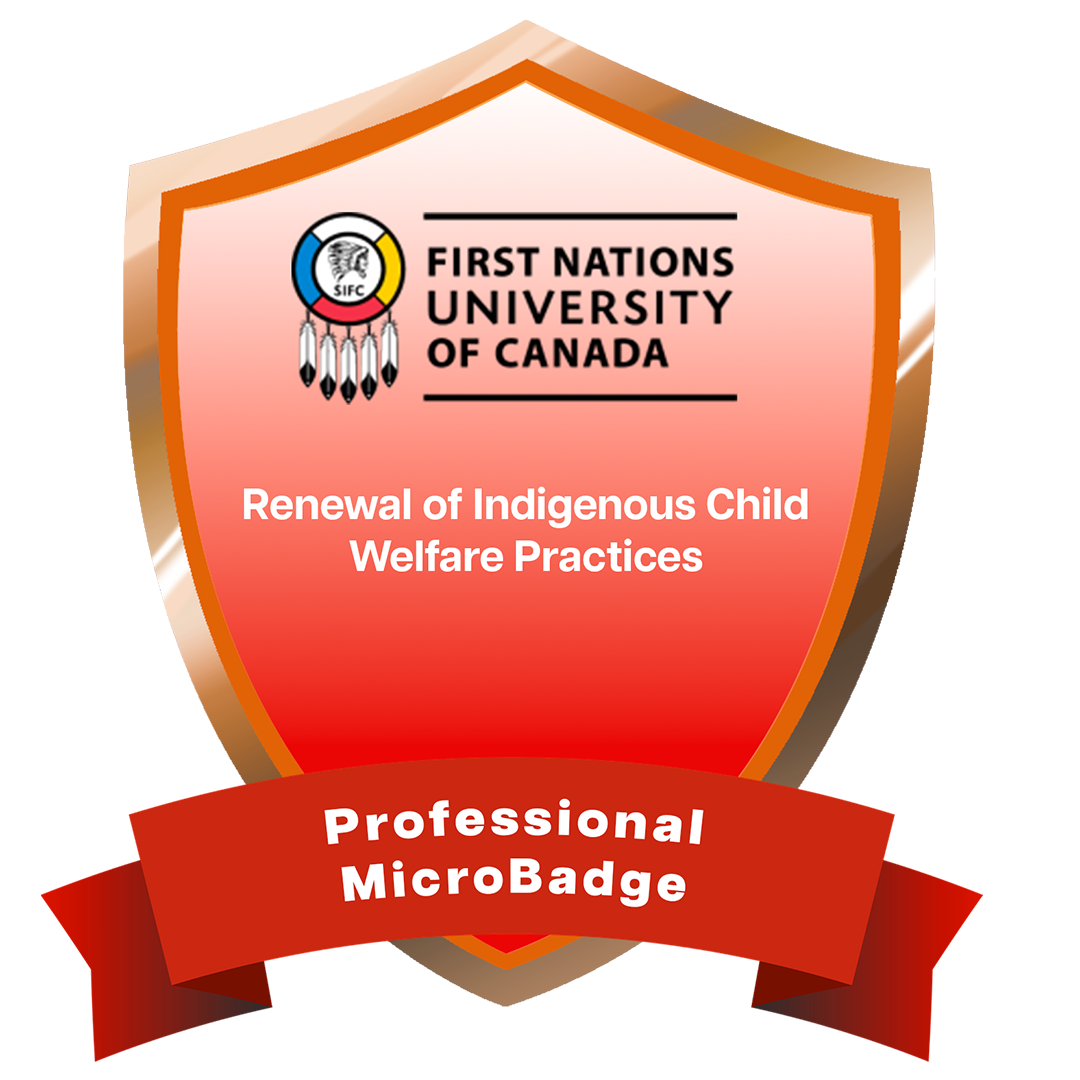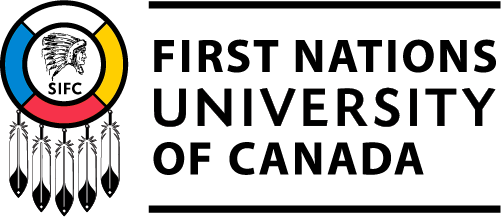ICCW003 - Renewal of Indigenous Child Welfare Practices
Course Description

This course explores the rejuvenation of Indigenous worldviews teachings and ancestral practices related to caring for and teaching Indigenous children and youth. Examples of contemporary practices based upon ancestral knowledge and practices are explored, including (but not limited to) land schools, language recovery and revitalization, Indigenous economic revitalization, and Indigenous sovereignty in community management and well-being. Additionally, this course reviews the concepts of trauma of trauma-informed care.
Care is made to share approaches and experiences of renewal from an Indigenous perspective. Indigenous Nations and communities need to be the leaders in the care and well-being of their children, and renewing ancestral practices is revitalizing Indigenous sovereignty in the care of their children. UNDRIP is addressed as a vehicle for renewing ancestral Indigenous practices. The Truth and Reconciliation Commission's Calls to Action are a prominent component of this course because they are a vehicle for renewing Indigenous child welfare practices. The Truth and Reconciliation Commission's Calls to Action highlight the roles and actions that can be taken by individuals and businesses in reconciling colonial policies and practices.
This course is beneficial to learners who are interested in learning about approaches and experiences of renewal of Indigenous child welfare practices from an Indigenous perspective. The course is designed to help adult learners see the benefits of Indigenous-led child welfare practices. Several examples of Indigenous communities introduced systems of child welfare that their communities can implement and have jurisdiction over.
Ideally, learners will take from the course what they need to take steps toward reconciliation in their personal and professional lives.
TRC Calls to Action
Child Welfare #1, #2, #3, #4, and #5
 Child Welfare is the first Call to Action listed in the TRC Calls to Action. It is of utmost importance. Implementing all five Child Welfare Calls to Action will ensure that Indigenous children are protected from harm done by the "child welfare" system in Canada. It will also ensure that more reforms are implemented for the current child welfare system. Keeping Indigenous children with their families will ensure that they grow up in culturally appropriate environments. Additionally, ensuring that social workers, and others working with Indigenous families and children, have relevant training will establish the skills needed to work in a culturally relevant and compassionate manner.
Child Welfare is the first Call to Action listed in the TRC Calls to Action. It is of utmost importance. Implementing all five Child Welfare Calls to Action will ensure that Indigenous children are protected from harm done by the "child welfare" system in Canada. It will also ensure that more reforms are implemented for the current child welfare system. Keeping Indigenous children with their families will ensure that they grow up in culturally appropriate environments. Additionally, ensuring that social workers, and others working with Indigenous families and children, have relevant training will establish the skills needed to work in a culturally relevant and compassionate manner.
The Calls to Action also ensure that Indigenous families, communities, and governments gain sovereignty, which will allow them to have ownership over their child welfare systems.
Learning Outcomes
Learners will gain the knowledge, understanding, skills, abilities, attitude, and awareness to:
- Recognize best practices of trauma-informed care.
- Identify the Calls to Action that are relevant to Indigenous child welfare.
- Recall legislation and programs that protect Indigenous children and youth.
- Describe current events and acts of reconciliation that contribute to the renewal of Indigenous child welfare.
- Describe current child care and education based on Indigenous worldviews and ancestral practices.
Skills and Competencies
- Analytical thinking
- Cultural awareness
- Historical analysis
- Knowledge application
Summary
-
Number of hours: 2.5 hours total

-
Assessment: Themes two to four include brief knowledge check questions to assist the learner with recalling basic facts. At the end of the course, learners will need to pass the final quiz with a grade of 70% or higher to pass this course. Each knowledge check, including the final quiz, allows multiple attempts. Throughout this course, you will be prompted to respond to a self-reflection question as part of your learning experience. Record your responses in any manner you prefer. Your learning experience is yours and yours alone. An incomplete course will count as a fail.
-
Previous education required: None; this course does not have a required prerequisite.
-
Delivery: Online, self-paced
-
Completion timeline: Within 180 days from when you enroll in the course.
FAQ's
Is this course for everyone?
- Yes, this course is relevant to all people from all walks of life. The learners' life experiences will influence how they experience the course.
Some individuals and organizations may be GST-exempt.
- First Nations University of Canada is situated on the Star Blanket First Nation and is exempt from Provincial Sales Tax (PST). If you or your organization are exempt from Government Sales Tax (GST), please get in touch with icec@firstnationsuniversity.ca to ensure that your invoice is prepared accordingly.
I need financial support. What funding options does ICEC recommend?
- Check out our Funding Opportunities here.
Who do I contact if I need help?
- Check out ICEC's Learner Support page to see if your question is answered in the FAQs. If your question remains unresolved, feel free to complete the form with your question, or you may contact icec@firstnationsuniversity.ca for assistance with any questions. We are here to help! Support requests are received during regular office hours. Please expect a response within 24 to 48 hours.
